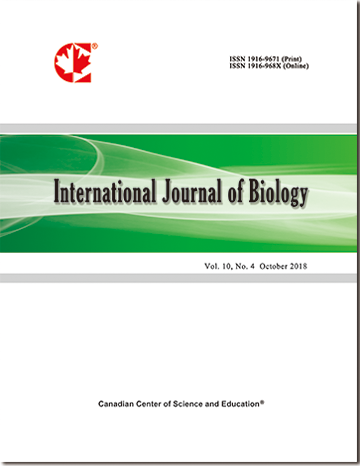Discovery of Highly Accurate Plant DNA Barcodes via Novel Iterative Methodologies
- Jaison Jain
Abstract
A DNA barcode is a short, variable segment of DNA used in species identification. A rapid and inexpensive molecular tool, DNA barcoding may allow for large-scale biodiversity assessments in the future, prompting logical and targeted conservation policies. However, a highly accurate DNA barcode for plants has not yet been found, hindering development of advanced DNA barcoding-based conservation paradigms and perpetuating loss of plant biodiversity.
Previous attempts to develop a plant barcode have examined only small fractions of the plant genome. In this study, a more rigorous methodology was devised: whole plant chloroplast genomes were iteratively analyzed in successive 500 base pair segments, such that all potential barcodes contained within the chloroplast genome were assessed for their ability to distinguish plants. Moreover, an algorithm was constructed to optimize this novel process, yielding a 17000% increase in efficiency. Both non-optimized and optimized methods uncovered two 500 bp regions of DNA (out of the 2950 tested) that had unprecedented, near-perfect identification accuracy in a comprehensive sample set of whole chloroplast sequences. These DNA barcodes may enable larger biodiversity assessments, aiding plant species preservation efforts. And, our algorithm may facilitate discovery of barcodes for other kingdoms of life, expanding the reach of our methodology.
- Full Text:
 XLSX
XLSX
 PDF
PDF
- DOI:10.5539/ijb.v7n4p42
Index
- ACNP
- AGRICOLA
- BASE (Bielefeld Academic Search Engine)
- CAB Abstracts
- CiteFactor
- CNKI Scholar
- CrossRef
- DTU Library
- Elektronische Zeitschriftenbibliothek (EZB)
- Excellence in Research for Australia (ERA)
- Google Scholar
- Infotrieve
- LIVIVO (ZB MED)
- LOCKSS
- Max Planck Institutes
- MIAR
- PKP Open Archives Harvester
- Qualis/CAPES
- ResearchGate
- ROAD
- SafetyLit
- SHERPA/RoMEO
- Technische Informationsbibliothek (TIB)
- Universe Digital Library
- WorldCat
Contact
- Ryan JonesEditorial Assistant
- ijb@ccsenet.org
